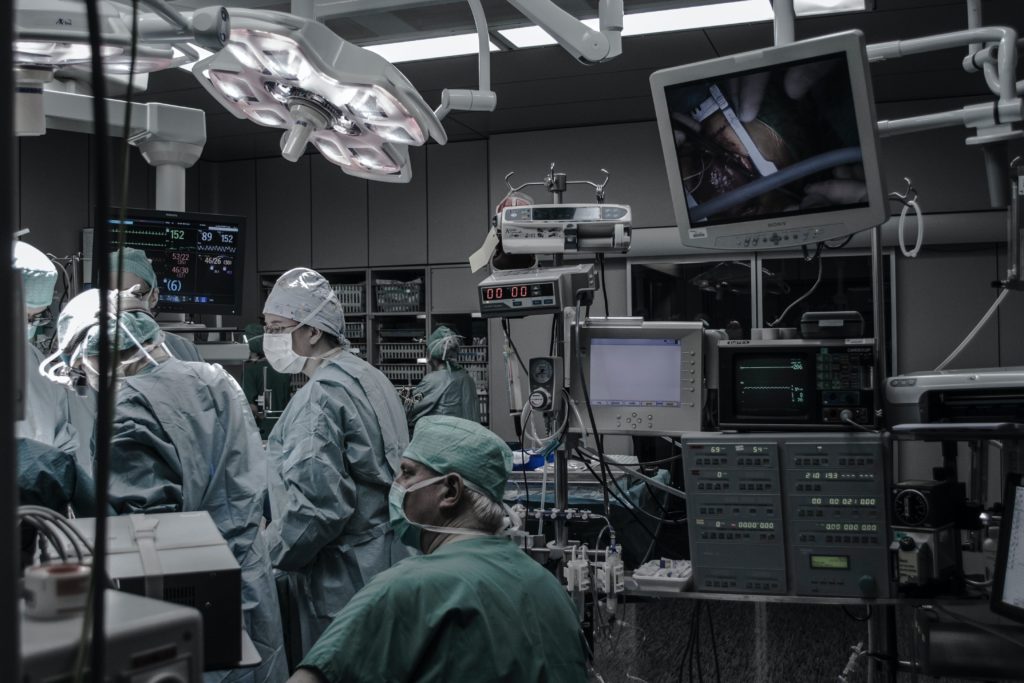The health and social care committee have blasted the government’s absence of a serious effort by government to tackle gaps in the cancer workforce.
MPs on the committee say this is jeopardising earlier diagnosis, the key to improving overall survival rates and catching up with comparable countries.
In a highly critical report on cancer services in England, MPs raise the alarm on the damaging and continuing impact of the pandemic and warn of a real risk that gains in cancer survival will reverse.
Evidence provided to the committee by the government and the NHS demonstrates that the NHS was not on track to meet its target on early cancer diagnosis. Without progress, that would mean more than 340,000 people between 2019 and 2028 missing out on an early cancer diagnosis.


Overall progress made by the government against targets on cancer services in England was rated as ‘inadequate’ last week by the committee’s Expert Panel. Its evaluation also rated progress to diagnose 75% of cancers at stage 1 or 2 by 2028 as inadequate.
MPs say there appeared to be ‘no detailed plan’ to address shortages of clinical oncologists, consultant pathologists, radiologists and specialist cancer nurses with gaps threatening diagnosis, treatment and research equally.
Despite some progress in one-year cancer survival rates since the 1970s, outcomes in England lag behind other countries such as Canada or Australia. By comparison fewer people in England will live for five years or more diagnosed with colon cancer or stomach cancer.
Committee chair Jeremy Hunt MP said: “Earlier cancer diagnosis is the key to improving overall survival rates however progress is being jeopardised by staff shortages which threaten both diagnosis and treatment.
“We do not believe that the NHS is on track to meet the government’s target on early cancer diagnosis by 2028, reinforced by our Expert Panel’s rating that progress against this target is inadequate.
“We are further concerned at the damaging and prolonged impact of the pandemic on cancer services with a real risk that gains made in cancer survival will go into reverse.
“A mother told us of her 27-year-old daughter’s five-month struggle to get a diagnosis of cancer – tragically she died three weeks after it came. Unfortunately, many more lives will almost certainly end prematurely without earlier diagnosis and prompt treatment. That is why we are calling on the government and the NHS to act now to address gaps in the cancer workforce upon which success depends. To date we have found little evidence of a serious effort to do so.”
Dr Ian Walker, Cancer Research UK’s executive director of policy said in light of the news: “This report highlights the impact of the Government’s persistent failure to address chronic shortages in NHS staff on people affected by cancer.
“Sajid Javid’s 10-year plan is a vital opportunity to address the problems facing cancer services and drive forward progress. We need a cancer plan that works for all, and with the right level of investment and accountability we can give people affected by cancer the best outcomes possible – because the best is exactly what they deserve.”












